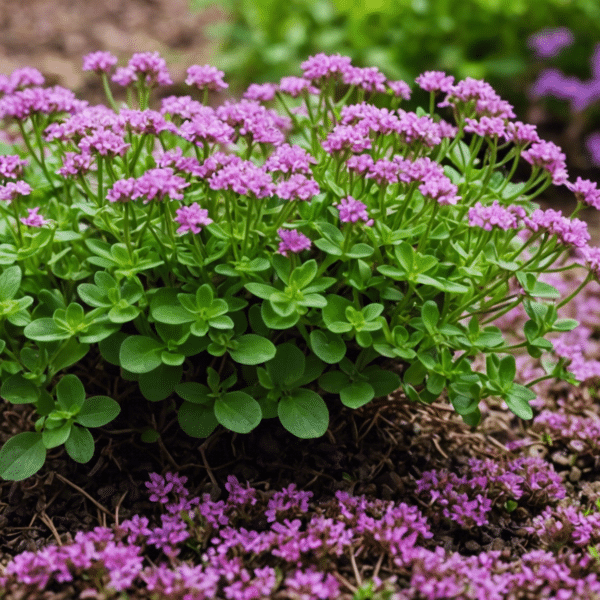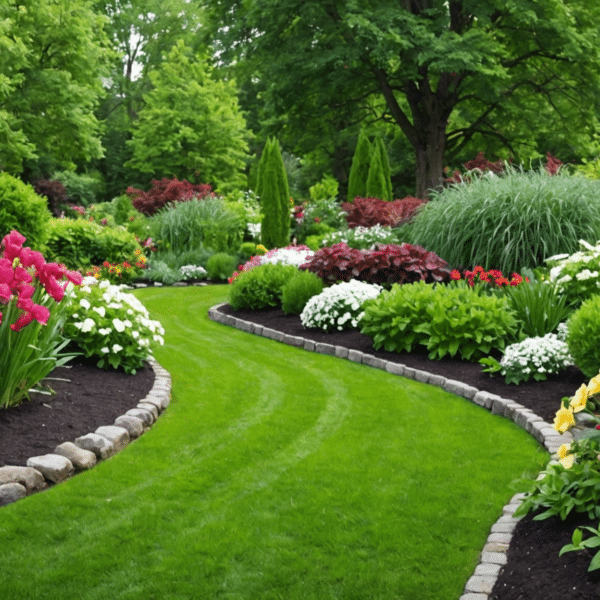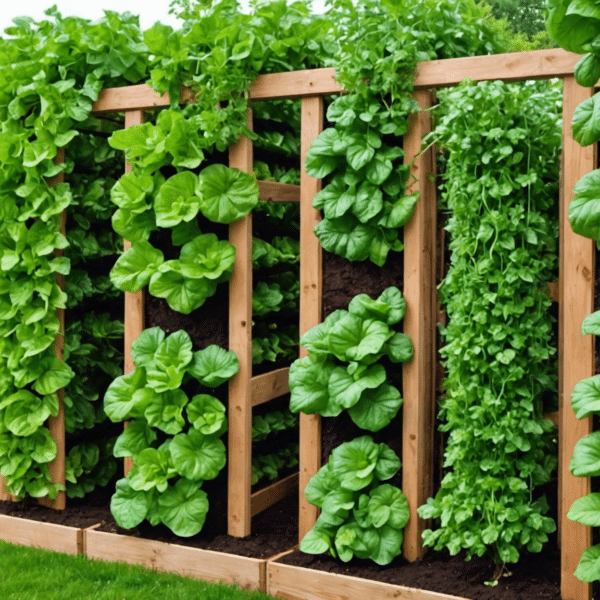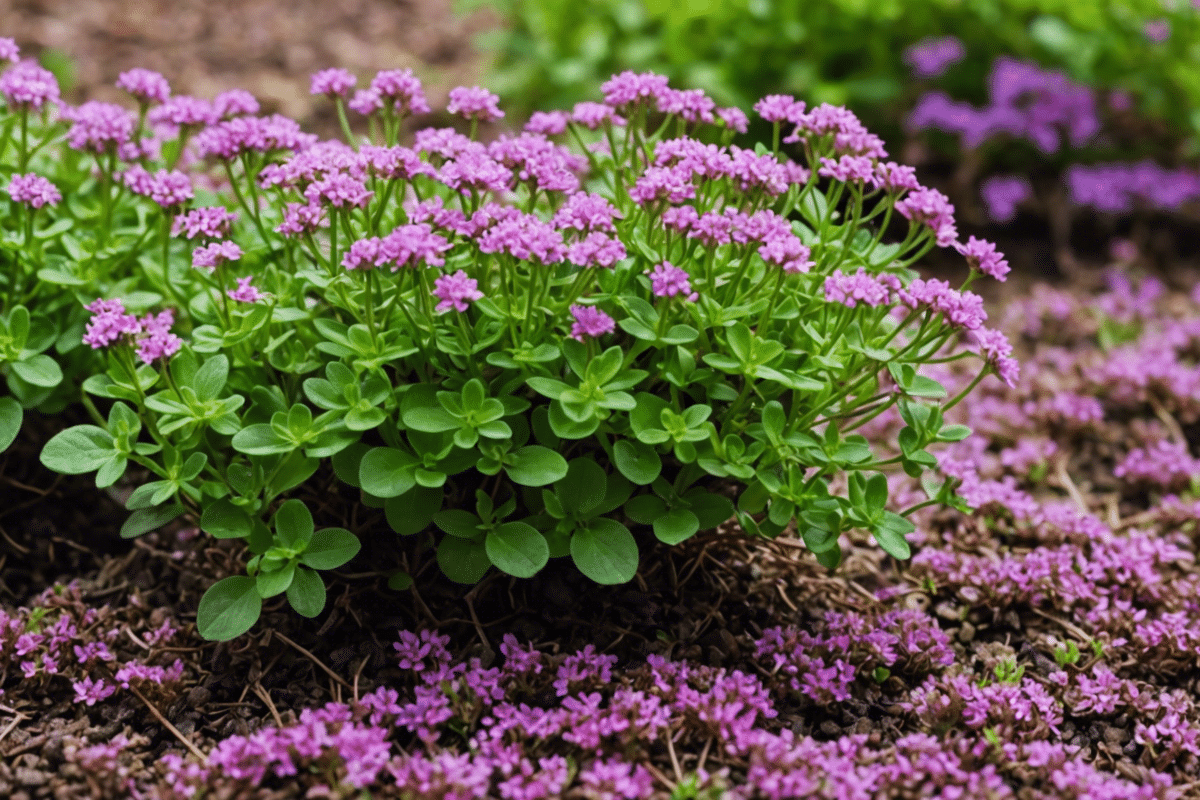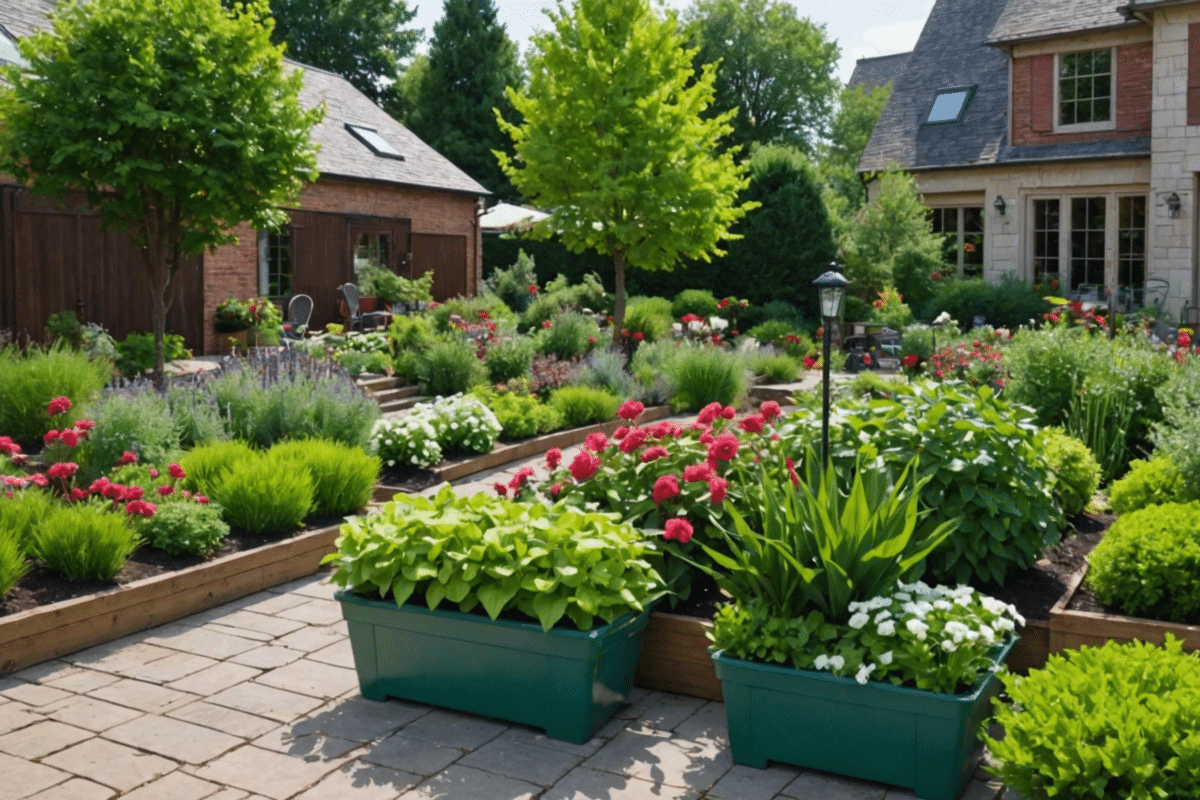Content
As the population ages, finding hobbies that not only bring joy but also contribute to health and well-being becomes increasingly important. Indoor gardening stands out as one such activity that offers a multitude of benefits—something that passionate gardeners have long understood and appreciated. Engaging in the practice of cultivating plants within the comfort of one’s own home can be particularly advantageous for older individuals, offering both physical and mental health benefits, while also enhancing the living space aesthetically.
The Therapeutic Advantages of Indoor Gardening

Indoor gardening has been recognized for its therapeutic qualities. Managing potted plants or a small indoor garden contributes to better mental health by reducing stress and promoting a sense of accomplishment. According to Mental Health Foundation, the connection with nature plays a critical role in mental well-being, and bringing nature indoors is a practical option for those who may not have easy access to outdoor spaces.
Moreover, studies suggest that the act of caring for living things can give older adults a sense of purpose, which is particularly important after major life transitions like retirement or the loss of a partner. As a living entity that requires attention and care, a plant can become a rewarding responsibility.
Physical Health Rewards through Gentle Activity
While hardcore gardening outside might prove challenging for some seniors, indoor gardens require much less physical exertion. Gentle activities like watering, pruning, and repotting can serve as a form of light exercise, essential for maintaining mobility and dexterity. Moreover, exposure to soil bacteria, even on a limited basis as with indoor gardening, may have an immune system-boosting effect, similar to the benefits obtained by spending time outdoors.
Indoor gardening is not just about the plants; it’s a way to encourage regular activity. This form of exercise can be quite adaptable, meeting seniors at their level of ability, making it an inclusive hobby for those with varying ranges of motion and fitness.
Cognitive Stimulation and Learning
Maintaining cognitive functions as we age is a priority for overall quality of life. Indoor gardening provides a stimulus for learning and memory. Keeping track of watering schedules, researching plant needs, and monitoring growth are all activities that can help keep the mind engaged and sharp. The University of Nevada, Reno, has highlighted how nature and plants can play a role in brain health, suggesting that this can be applicable even when brought indoors.
Furthermore, the continuous process of learning inherent to gardening, such as mastering new seeding techniques or understanding the nutritional needs of different plants, promotes lifelong learning—a key factor in maintaining cognitive health.
Indoor Air Quality and Aesthetic Appeal
One of the lesser-known perks of maintaining an indoor garden is the potential improvement in indoor air quality. Certain houseplants have been celebrated for their ability to filter out common volatile organic compounds (VOCs), promoting a healthier breathing environment. As outlined in National Houseplant Appreciation Day discussions, the presence of plants can enrich the living conditions within a space.
The aesthetic enhancement that plants bring to an indoor setting also cannot be understated. Creating a visually appealing environment that one can enjoy and be proud of is a potent boost to daily morale. An indoor garden can transform mundane areas into vibrant spaces filled with life and color.
Connecting with Community
Indoor gardening can be a gateway to forming and maintaining social connections. Sharing tips with fellow enthusiasts, joining gardening clubs, or simply sharing the fruits of one’s labor with friends and family can lead to stronger social ties. Older adults often face the risk of social isolation, and a shared interest in gardening can be a fantastic starting point for fostering meaningful relationships.
Here are some ways indoor gardening promotes social interactions:
- Swapping cuttings or potted plants with neighbors or friends.
- Engaging in community forums or social media groups dedicated to gardening.
- Participating in local workshops or talks about horticulture.
These interactions enrich the gardening experience with a social dimension, reaffirming the community aspect of cultivation and care.
Customizing the Gardening Experience
Every indoor space and individual’s capability is different, and the beauty of indoor gardening is that it can be tailored to fit individual needs and situations. For example, vertical gardens or hanging plants are options for those with limited floor space, while ergonomic gardening tools can be utilized by those with limited mobility. The adaptability of this activity ensures that it remains inclusive for people of various abilities.
By opting for low-maintenance plants or automated watering systems, the garden can also be customized to fit the lifestyle of the individual, making it a sustainable and long-term hobby that does not become a burden.
Frequently Asked Questions
Q: Can indoor gardening improve sleep?
A: Yes, plants can contribute to a more restful sleep environment by improving air quality and providing a calming presence, which may help individuals to relax and de-stress before bed.
Q: Are there easy-to-care-for plants suitable for seniors?
A: Absolutely. Many plants, such as snake plants, spider plants, and pothos, are low-maintenance and ideal for those who want the benefits of plants without extensive care requirements.
Q: What if I don’t have a lot of natural light in my home?
A: There are plenty of plants that thrive in low light conditions. Additionally, grow lights can be used to supplement natural light, ensuring that plants get the energy they need to grow.
The practice of indoor gardening is more than just a hobby; it is a healthful pursuit that enhances the lives of seniors. The cultivation of this activity, rich with benefits ranging from therapeutic to aesthetic, creates an oasis within the home that promotes an overall healthier and more connected lifestyle.


